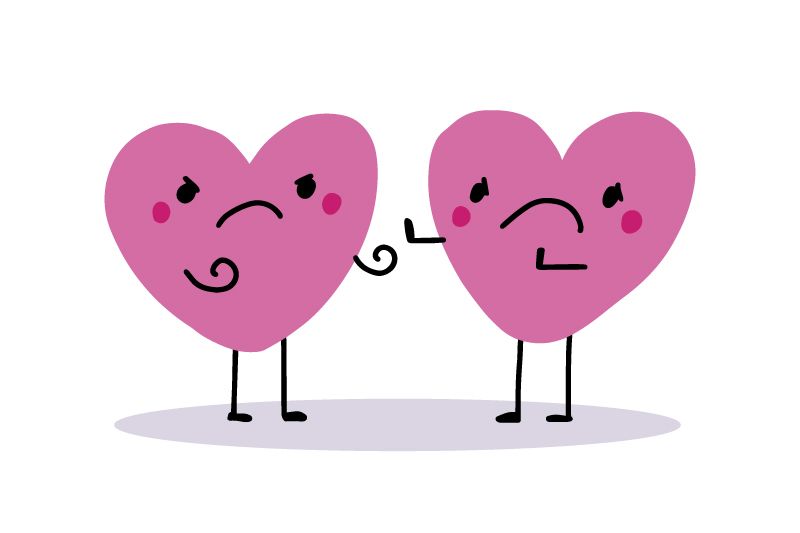Vidya Sethuraman
India Post News Service
One in three youth in the US experience teen dating violence. The consequences can be long lasting and severe. Schools have sex education classes, but not many teach about how to have healthy relationships, let alone how to set boundaries and end unhealthy ones. Parents in many cases consider discussing romantic relationships or intimacy taboo. EMS briefing on Feb24 had youth survivors of intimate violence and/or committed to preventing it through educating peers and parents alike.
February is Teen Dating Violence Prevention Month. A recent study released by the Centers for Disease Control and Prevention notes that one out of 12 adolescents have experienced physical or sexual dating violence. Teen dating violence (TDV), also called, “dating violence”, is an adverse childhood experience that affects millions of young people in the United States. Dating violence can take place in person, online, or through technology. Female students experienced higher rates of physical and sexual dating violence than male students.
Speakers at the conference are members of the Partnership’s Youth Advisory Committee; they reflect a growing network of teen activists working on prevention initiatives with local domestic violence programs.
Ana Campos, youth speaker, was in an abusive relationship and a survivor of domestic partner violence. I was blinded by fake love, and I thought what was happening was okay and it clearly wasn’t. Some of the red flags I was constantly ignoring were his manipulation. He would constantly check my phone without my permission, and just be angry over the smallest things. This has affected me and was stressful. She herself received two years of psychological counseling before she slowly emerged from the shadows.
Armaan Sharma, youth speaker said dating is such a taboo in South Asian cultures. Although Indian parents in America are generally much more open to these concepts, dating and intimate relationships are still something that is so sparsely discussed with youth. If parents don’t initiate conversation about dating or relationships, or don’t create a safe space for discussion teams, kids will have to turn to other potentially misleading sources and will not feel comfortable discussing these topics with parents ever. So youth will suffer and cycles of violence will continue.
Megan Tanahashi, Communications Director, California Partnership to End Domestic Violence said that about one-third of young people in the United States have experienced teenage dating violence to varying degrees. Many teenagers do not know how to identify the boundaries of intimate relationships, let alone how to end unhealthy intimate relationships. This is an important message for legislators to hear, because our coalition is constantly advocating for some of these programs to have state funding.
Kandee Lewis, Executive Director, Positive Results Center, Civil and Human Rights Commission, City of Los Angeles said it’s important that we talk to our children about what a healthy relationship is, or if you’re in an unhealthy relationship, talk to them honestly about that. During the pre-teen and teen years, it is critical for youth to begin learning skills to create and maintain healthy relationships, including managing feelings and communicating in a healthy way.







